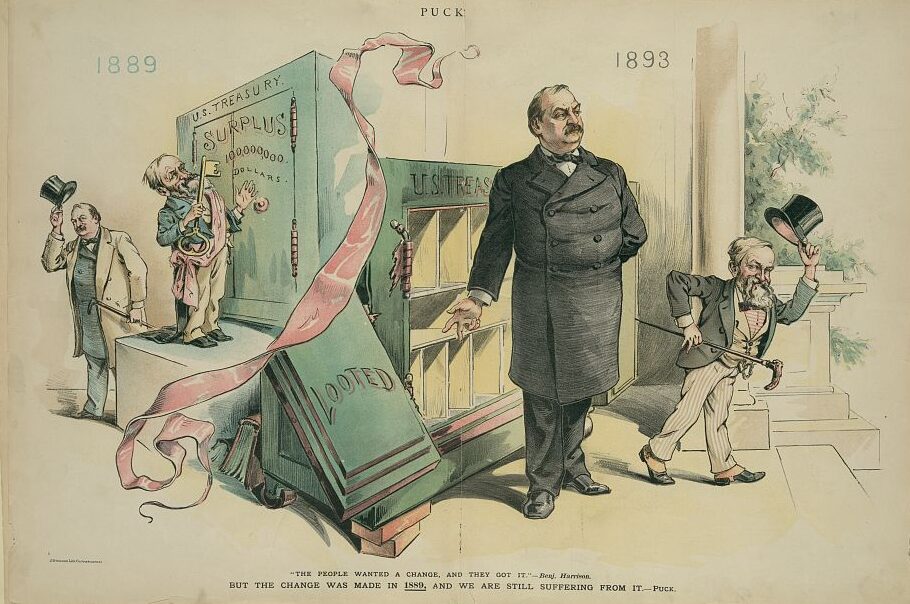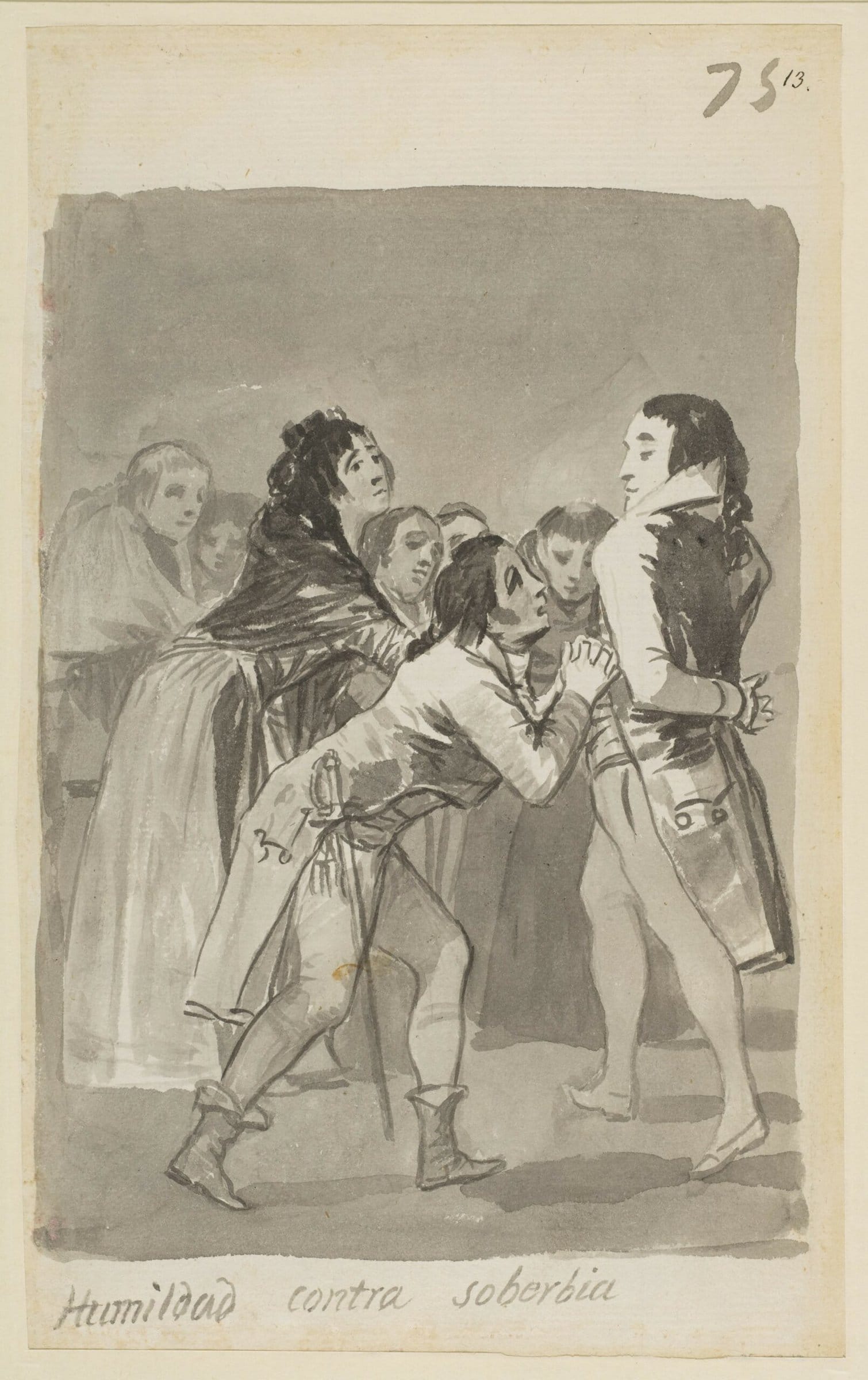Established by the AHA in 2002, the National History Center brings historians into conversation with policy makers to stress the importance of historical context in understanding current affairs. Today’s author, Robyn Muncy, recently presented in the NHC’s Washington History Seminar program.
“What is increasingly and desperately needed today is economic statesmanship which will act courageously and constructively to eliminate our mounting economic inequalities.”
—Josephine Roche, 1940s
Having just completed a biography of progressive reformer Josephine Roche, I am struck with déjà vu nearly every time I open my morning newspaper. Headlines routinely mention the central role that economic inequality will play in the 2016 US presidential race. Jeb Bush recently initiated his campaign for the Republican nomination with a promise to tackle economic inequality, while Democratic front-runner Hillary Clinton reportedly struggled to build a platform that would reduce inequality without alienating Wall Street bankers. Elizabeth Warren is an appealing alternative to Clinton among many in her party precisely because economic inequality has been the most powerful generator of her political agenda.
Economic inequality was also at the center of concern for Josephine Roche, a progressive reformer about whom I spoke recently at the Washington History Seminar. Indeed, Roche’s dramatic life story, which spanned the years from 1886 to 1976, led me to conclude in her biography that the desire to diminish inequalities of wealth and power lay at the heart of American progressivism from the late 19th century through the 1960s. And, as many scholars have shown, progressives actually succeeded by the 1950s in creating the greatest economic equality in all of US history. When today’s presidential aspirants strive to develop platforms aimed at shrinking the gap between rich and poor, they have a rich political heritage from which to draw ideas.
Josephine Roche’s biography reveals that heritage. Roche emphasized the importance of policies aimed directly at more equitably allocating the fruits of economic production—like progressive income taxes, higher minimum wages, and robust social security programs—which are on many political wish lists now. Another goal of hers was legislation that would empower workers in their places of employment, which appears more rarely in current proposals but was a vital tool in reducing inequality in the mid-20th century.
One of the reasons that the empowerment of workers is so important to diminishing inequality is that other equalizing policies can otherwise so easily go unenforced. Roche discovered this dynamic when she was in Colorado during a great coal strike in 1913–14. While visiting coal camps during the strike, Roche discovered that coal mine owners routinely ignored state laws governing hours and wages. Roche concluded that public policies aimed at raising workers’ standards of living were not enough to diminish inequality: if workers were not empowered to insist on enforcement through collective action, the policies were ineffective.
Furthermore, the organization of workers has the potential to promote a view of private enterprise that highlights its public obligations. Roche believed that a major cause of the Great Depression was the failure of too many Americans to see that private property carried public responsibility. As an industrialist herself—Roche became a coal magnate in 1927—she believed that workers and consumers had interests in private companies equal to those of stockholders and that companies were obliged to serve all those interests equally. When the Great Depression struck, Roche’s company weathered its ravages more successfully than other coal concerns in Colorado, suggesting that her vision might be a prescription not only for diminishing inequality but even for preserving capitalism itself.
Of course, when supported by government action, labor unions can increase wages and improve benefits well beyond the standards set by wage and hours laws. Roche, who was the second-highest ranking woman in the New Deal government, believed that the National Labor Relations Act (1935) was the most significant achievement of Franklin Roosevelt’s administration because it supported a dramatic increase in labor organizing. By the 1950s, a full third of the non-agricultural labor force in the United States was unionized, and even non-unionized firms offered higher wages and better benefits than they otherwise would have because of competition for workers and a desire to stave off the threat of unionization in their own companies. The remarkable degree of economic equality achieved in the United States by the 1950s had many causes, but a vital labor movement was clearly part of the mix.
If Roche were alive today, she would be experiencing déjà vu: economic inequality is once again at the center of concern. Indeed, income inequality has made a dramatic comeback since the 1970s and has done so in tandem with the decline of organized labor. In 2014, only 11.1 percent of the total US labor force was unionized. As presidential contenders today search for strategies to reduce economic inequality, Josephine Roche’s story trains the spotlight on the empowerment of workers in their workplaces as a crucial element in a previously successful campaign to do just that.
This post first appeared on AHA Today.
Robyn Muncy is associate professor of history at the University of Maryland, College Park. Her most recent book is Relentless Reformer: Josephine Roche and Progressive Reform in Twentieth-Century America (Princeton University Press, 2015).
This work is licensed under a Creative Commons Attribution-NonCommercial-NoDerivatives 4.0 International License. Attribution must provide author name, article title, Perspectives on History, date of publication, and a link to this page. This license applies only to the article, not to text or images used here by permission.


